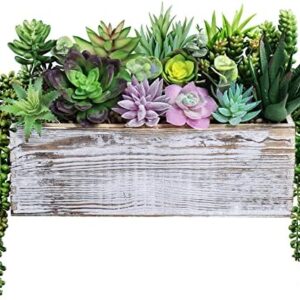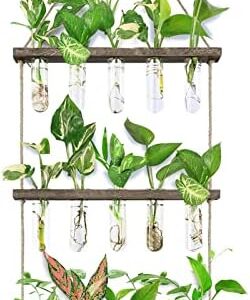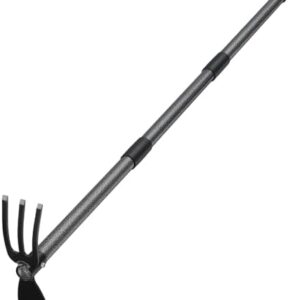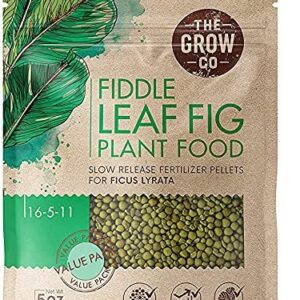Do you want to give your garden a healthy boost without breaking the bank? Look no further than homemade compost! Composting is a simple and sustainable way to recycle organic waste from your kitchen and yard into nutrient-rich soil for your plants. In this beginner’s guide, we will explore the benefits of composting, how to get started, and tips for making the most of your homemade compost.
Why compost?
Composting is a natural process that breaks down organic matter into a rich, dark soil amendment known as compost. Compost is a powerhouse of nutrients that can improve soil structure, retain moisture, and support healthy plant growth. By composting your kitchen scraps, yard waste, and other organic materials, you can reduce your carbon footprint, save money on fertilizers, and divert waste from landfills.
Getting started
To begin composting at home, you will need a dedicated compost bin or pile, a mix of green and brown materials, water, and oxygen. Green materials include nitrogen-rich items like fruit and vegetable scraps, coffee grounds, and grass clippings. Brown materials are carbon-rich items like leaves, straw, and cardboard. To get started, simply layer your green and brown materials in your compost bin or pile, keeping them moist and turning them regularly to aerate the compost.
Tips for success
To create high-quality compost, follow these tips:
1. Balance your materials: Aim for a ratio of roughly 50% green materials to 50% brown materials in your compost pile. This balance will help speed up the decomposition process and prevent odors.
2. Chop or shred large materials: Breaking down your organic materials into smaller pieces will speed up the composting process and ensure that everything breaks down evenly.
3. Keep your compost moist: Your compost pile should be as damp as a wrung-out sponge. Water your pile as needed to maintain moisture levels and speed up decomposition.
4. Turn your compost regularly: Turning your compost pile every few weeks will introduce oxygen and help break down materials more quickly. This will also prevent the pile from becoming compacted and smelly.
5. Patience is key: Composting is a slow process that can take anywhere from a few months to a year to produce finished compost. Be patient and trust that nature will do its work.
Using your compost
Once your compost is finished, it will be dark, crumbly, and earthy-smelling – a sign that it is ready to use in your garden. Spread your compost around your plants as a top dressing or mix it into the soil to improve its fertility and structure. Compost can also be used as a mulch to retain moisture and suppress weeds. With regular composting, you will see your garden thrive as the soil becomes healthier and more productive.
In conclusion, composting is a simple and rewarding way to boost your garden’s health while reducing waste and saving money. By following the tips in this beginner’s guide, you can start composting at home and enjoy the benefits of nutrient-rich soil for your plants. Give it a try and watch your garden thrive with homemade compost!






